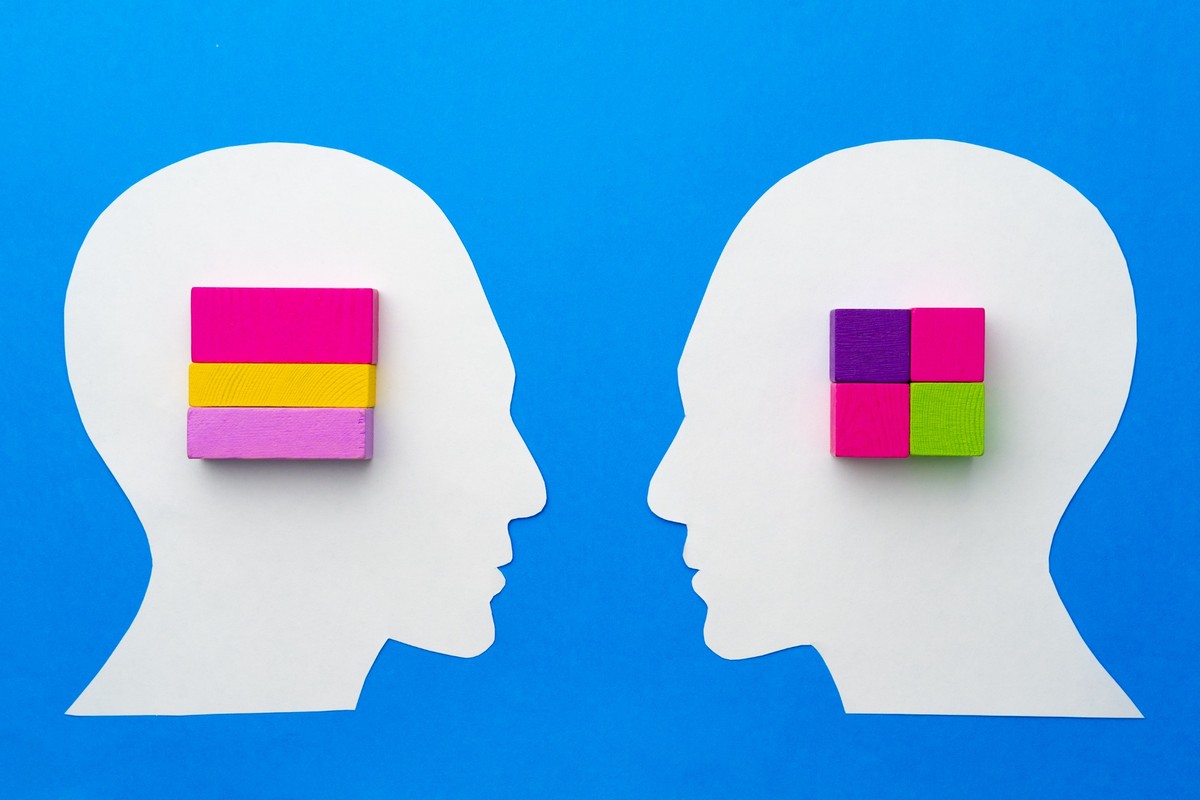.jpg)
Gut Healing, Mind Healing: How Digestive Health Impacts Anxiety and Addiction Recovery
Introduction: The Gut-Brain Connection Is Real—and Critical
When you’re struggling with anxiety, depression, or substance use, your gut might be the last thing on your mind. But emerging research confirms that your digestive system plays a key role in brain function, emotional regulation, and even cravings.
In this blog, we’ll explore how healing the gut supports mental health recovery, especially for individuals navigating trauma and substance use disorder—and how Spark Wellness addresses this through nutritional therapy and holistic treatment programs.
1. Your Second Brain: How the Gut Impacts Mood and Focus
Your gut is lined with over 100 million neurons—so many that researchers often call it your “second brain.” This enteric nervous system communicates constantly with your central nervous system, impacting how you feel, think, and respond to stress.
When gut health is compromised, the brain suffers:
- Increased inflammation worsens depression and anxiety
- Poor nutrient absorption affects neurotransmitters like serotonin and dopamine
- Dysbiosis (bacterial imbalance) contributes to irritability, fatigue, and emotional instability
This is why our anxiety treatment services often include dietary support as part of a full mind-body healing approach.
2. Gut Health and Cravings in Addiction Recovery
Did you know your gut bacteria influence your cravings? When alcohol or drug use disrupts the microbiome, it can:
- Trigger intense sugar and carb cravings
- Compromise blood sugar stability, causing mood swings
- Disrupt cortisol and dopamine patterns, making early sobriety feel harder than it needs to be
That’s why our team incorporates gut-focused strategies into our substance abuse treatment programs, helping clients not only detox but restore internal balance that reduces relapse risk.
3. Inflammation, Leaky Gut, and Trauma Recovery
Many trauma survivors suffer from “leaky gut” syndrome, a condition where the gut lining becomes permeable, allowing toxins to enter the bloodstream. This can result in:
- Systemic inflammation
- Heightened anxiety and panic
- Sleep disturbances
- Weakened immune function
Our trauma-informed care at Spark Wellness addresses both emotional and physiological inflammation, using targeted nutrition, mindfulness, and integrative support.
4. How to Begin Healing Your Gut for Mental Health
Gut healing doesn’t happen overnight—but it is possible, and the payoff is huge. Some of the strategies we use include:
- Adding fermented foods (if tolerated)
- Eliminating gut irritants like alcohol, refined sugar, and artificial sweeteners
- Introducing a personalized nutrient repletion plan
- Encouraging light movement like walking or yoga to support digestion and reduce cortisol
We build these practices into all of our holistic outpatient programs to help clients rebuild from the inside out.
Final Thoughts: Heal the Gut, Support the Brain
Whether you're working through anxiety, trauma, or addiction, your gut may be one of the most overlooked pieces of your recovery puzzle. By restoring digestive balance, you create a foundation for emotional regulation, mental clarity, and lasting wellness.
If you're ready to address the physical roots of emotional pain, contact Spark Wellness today to learn how we can support your healing journey—mind, body, and gut.
Recovery articles for you

Anxiety vs Depression: How to Tell the Difference and Why It Matters for Treatment

When Weekly Therapy Isn’t Enough: Signs You May Need a Higher Level of Mental Health Care



